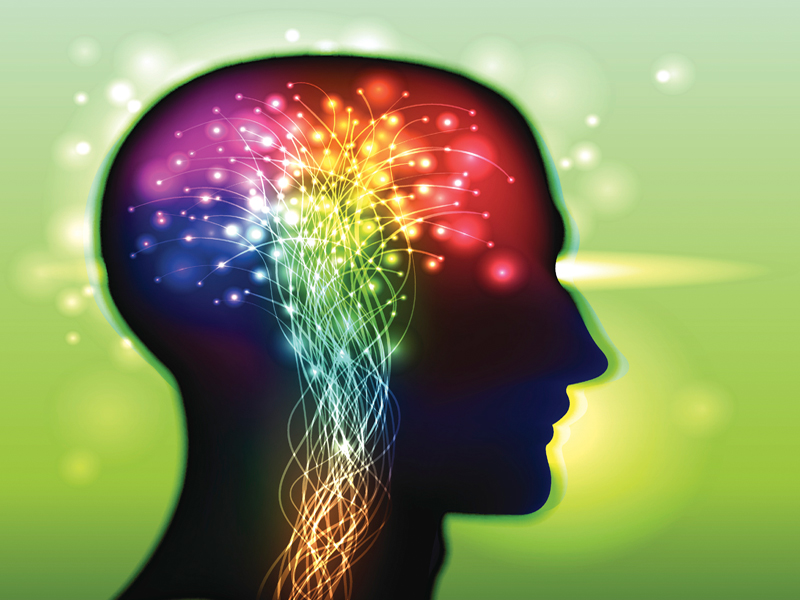Get Easy Health Digest™ in your inbox and don’t miss a thing when you subscribe today. Plus, get the free bonus report, Mother Nature’s Tips, Tricks and Remedies for Cholesterol, Blood Pressure & Blood Sugar as my way of saying welcome to the community!
Is this the best beverage for your brain?

There’s a beverage that can protect you from two devastating brain diseases. And it’s not some unpleasant-tasting health tonic you have to choke down. It’s a beverage you probably already drink enthusiastically every morning — coffee.
Now, it’s no secret that coffee is gaining more cred in the health world. That’s because studies continue to confirm coffee’s many health benefits — like its ability to ward off cancer, help prevent type 2 diabetes and fight cardiovascular disease.
But one of the most exciting things coffee can do is protect your brain from serious, age-related diseases like dementia and Parkinson’s…
In fact, in recent years, study after study has confirmed that preventing dementia could be as easy as drinking your morning cup of Joe. The latest study published in The Journals of Gerontology, for example, found that women who had 261 milligrams of caffeine per day reduced their risk of dementia by 36 percent. In case you’re wondering, that’s about two to three 8-ounce cups of coffee per day.
And if protecting your brain from dementia isn’t reason enough to drink coffee, it protects your brain from another serious disease too…
A recent study conducted by researchers at the University of Saskatchewan found that two compounds in coffee can potentially prevent the brain deterioration caused by Parkinson’s disease. In fact, the connection between coffee and a reduced risk of Parkinson’s has been echoed in countless studies over the past five to ten years. An analysis of scientific studies published in the Journal of Alzheimer’s Disease in 2010 found that as your caffeine consumption goes up, your risk of developing Parkinson’s disease goes down.
Now, coffee’s long-term brain benefits are great. But if you’re someone who likes immediate results, you should know that coffee also has some instant brain benefits you’ll feel right away, like:
- Improved concentration
- A better memory
- A longer attention span
- Sharper thinking skills
- Less brain fog
Coffee is so good for your gray matter because caffeine acts a brain stimulant and encourages extra brain activity. Caffeine also blocks the brain chemical adenosine, which keeps your brain from releasing stimulating brain chemicals. When adenosine is blocked, these stimulating brain chemicals come coursing through, which makes you feel more energetic, sharper and ultimately protects your brain from age-related deterioration.
There are some downsides to drinking coffee, of course. It’s highly acidic, can take a toll on your stomach and can interfere with your sleep if you drink too much. But like anything, drinking coffee healthfully is all about moderation. Here are some tips for being the healthiest coffee drinker possible:
- Avoid cream and sugar. They just add unnecessary calories. If you don’t like black coffee, use a small amount of organic cream.
- Try organic coffee. It’s free of the pesticides you’ll find in conventional coffee.
- Grind your own. Pre-ground coffee tends to go rancid quicker. If you buy whole beans and grind them at home, your coffee will be fresher and healthier.
- Stick to a maximum of five cups of coffee per day. But most people will probably want to drink less than that or else they’ll get jittery or have trouble sleeping. It all depends on your caffeine tolerance.
- Balance coffee consumption by eating other foods that boost your brain.
Editor’s note: While you’re doing all the right things to protect your brain as you age, make sure you don’t make the mistake 38 million Americans do every day — by taking a drug that robs them of an essential brain nutrient! Click here to discover the truth about the Cholesterol Super-Brain!
Sources:
-
“Could caffeine help prevent dementia?” Medical Xpress. http://medicalxpress.com. Retrieved October 3, 2016.
-
Kakish, et al. “Novel Dimer Compounds That Bind α-Synuclein Can Rescue Cell Growth in a Yeast Model Overexpressing α-Synuclein. A Possible Prevention Strategy for Parkinson’s Disease.” ACS Chemical Neuroscience, 2016.
-
Costa, et al. “Caffeine exposure and the risk of Parkinson’s disease: a systematic review and meta-analysis of observational studies.” Journal of Alzheimer’s Disease, 2010.
-
“Caffeine and a healthy diet may boost memory, thinking skills; alcohol’s effect uncertain.” Harvard Health Publications, Harvard Medical School. http://www.health.harvard.edu. Retrieved October 3, 2016.














